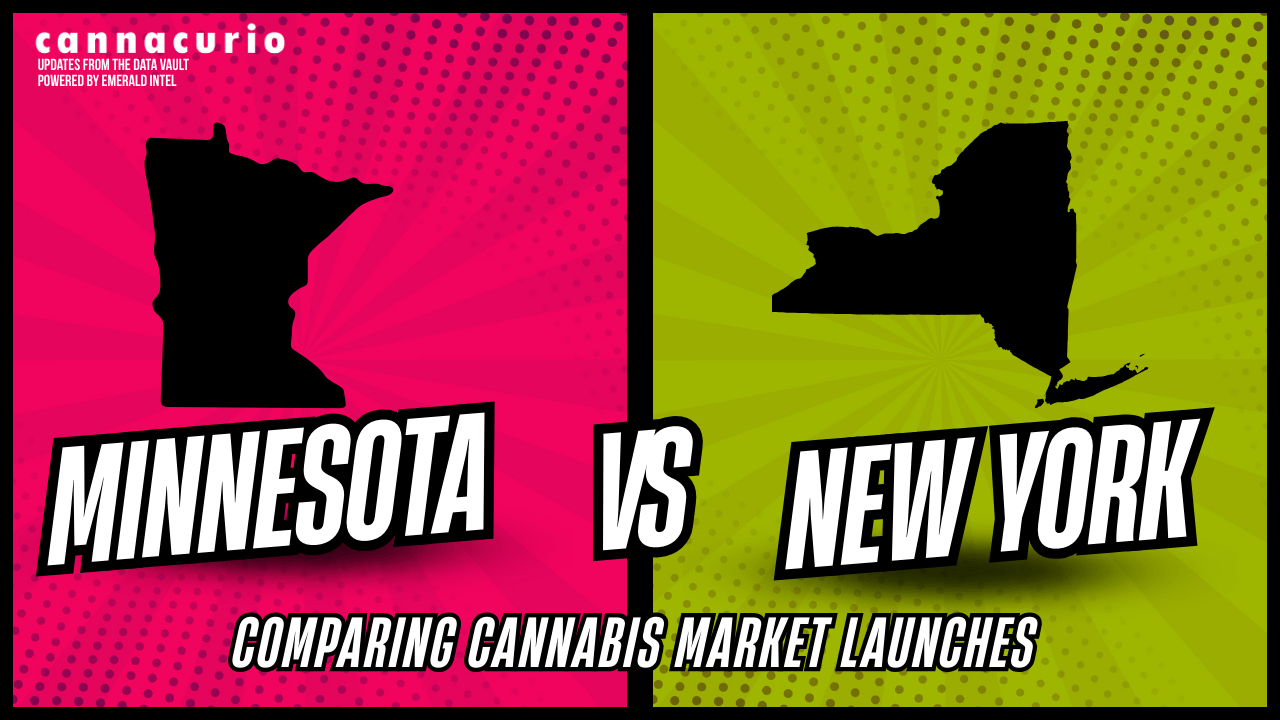
Cannabis Business Telemarketing and Robocalls – How to Stay out of Trouble
Love it or hate it, telemarketing is still a legal marketing tactic – as long as companies follow the rules defined in the Telephone Consumer Protection Act of 1991 (TCPA). One of the key things that the TCPA says businesses may not do when marketing their products or services via telephone is using autodialers and pre-recorded messages to call consumers in the United States.
Unfortunately, many of us still get these calls every day. In fact, researchers at YouMail found 58.5 million robocalls were made in the U.S. in 2019. The number dropped in 2020 during the COVID-19 pandemic, but still, 45.9 robocalls were tracked at a time when most of the country was on lockdown.
Recently, the Federal Trade Commission (FTC) ramped up its efforts to reduce robocalls by adding pressure to carriers to combat them as well as by filing lawsuits against five companies known for disregarding the TCPA.
Add these lawsuits to the many individual and class action lawsuits filed in the U.S. each year in response to unsolicited phone calls (a number that has increased by 580% in the past five years), and it’s clear we have a long way to go before the problem is solved.
Therefore, it’s extremely important that businesses operating in and with the cannabis industry don’t make telemarketing mistakes that could lead to a lot of negative brand publicity and expensive legal trouble (fines can range from $500 to $1,500 per occurrence).
Let’s take a closer look at how you can keep your cannabis or cannabis-related business out of trouble.
The Rules of the Telephone Consumer Protection Act of 1991
When the Telephone Consumer Protection Act was passed in 1991, mobile phone use was not widespread, and smartphones didn’t exist. The goal of the TCPA was to end unsolicited marketing phone calls and faxes in the early morning, late at night, and on Sundays. As communications have changed, the law has been amended to keep up.
The regulations of the TCPA are defined in the U.S. Code of Federal Regulations, Title 47, Chapter 1, Subchapter B, Part 64, Subpart L §64.1200 Delivery restrictions. Here is some of the most important language related to telephone calling that you should understand:
(a) No person or entity may:
(1) Except as provided in paragraph (a)(2) of this section, initiate any telephone call (other than a call made for emergency purposes or is made with the prior express consent of the called party) using an automatic telephone dialing system or an artificial or prerecorded voice;
(i) To any emergency telephone line, including any 911 line and any emergency line of a hospital, medical physician or service office, health care facility, poison control center, or fire protection or law enforcement agency;
(ii) To the telephone line of any guest room or patient room of a hospital, health care facility, elderly home, or similar establishment; or
(iii) To any telephone number assigned to a paging service, cellular telephone service, specialized mobile radio service, or other radio common carrier service, or any service for which the called party is charged for the call.
(2) Initiate, or cause to be initiated, any telephone call that includes or introduces an advertisement or constitutes telemarketing, using an automatic telephone dialing system or an artificial or prerecorded voice, to any of the lines or telephone numbers described in paragraphs (a)(1)(i) through (iii) of this section, other than a call made with the prior express written consent of the called party or the prior express consent of the called party when the call is made by or on behalf of a tax-exempt nonprofit organization, or a call that delivers a “health care” message made by, or on behalf of, a “covered entity” or its “business associate,” as those terms are defined in the HIPAA Privacy Rule, 45 CFR 160.103.
(3) Initiate any telephone call to any residential line using an artificial or prerecorded voice to deliver a message without the prior express written consent of the called party, unless the call;
(i) Is made for emergency purposes;
(ii) Is not made for a commercial purpose;
(iii) Is made for a commercial purpose but does not include or introduce an advertisement or constitute telemarketing;
(iv) Is made by or on behalf of a tax-exempt nonprofit organization; or
(v) Delivers a “health care” message made by, or on behalf of, a “covered entity” or its “business associate,” as those terms are defined in the HIPAA Privacy Rule, 45 CFR 160.103.
What Do the Rules of the TCPA Mean?
Before I go any further, it bears mentioning here that I’m not a lawyer. With that said, here are the top three things I think you should avoid if you plan to promote your business via phone (i.e., you want to make unsolicited calls to “introduce advertising” or that “constitute telemarketing” – the TCPA’s words, not mine).
Don’t Call People Unless You Have Their Consent First
Read the full law to understand the exceptions to the TCPA that allow you to call people, but aside from those exceptions, your safest course of action is to simply not call people on the phone using an automated system or message.
Don’t Use an Auto-Dialer or a Pre-Recorded Message
Want to stay out of trouble? Call people directly and individually rather than using an auto-dialer and/or a pre-recorded message to try to contact as many people as you can as quickly as possible.
Don’t Call Numbers on the National Do Not Call Registry
Always check your list of phone numbers against the National Do Not Call Registry list and never call numbers that are on that list unless you have consent to do so (or your call is considered an exception under the rules of the TCPA).
Final Warning About Telemarketing for Cannabis and Cannabis-Related Businesses
With all of the compliance issues cannabis and cannabis-related businesses have to deal with, getting caught violating the TCPA is a headache you don’t need. Follow the rules to stay out of trouble.
A final thing to consider – your vendors must follow the rules too. If you hire a company to manage and execute your telemarketing for you and they don’t follow the regulations, you’re considered guilty as well. A “but we didn’t know what they were doing” plea won’t work. Choose vendors wisely and monitor their actions closely because ignorance will not equal innocence.
Need more insights?



.png)